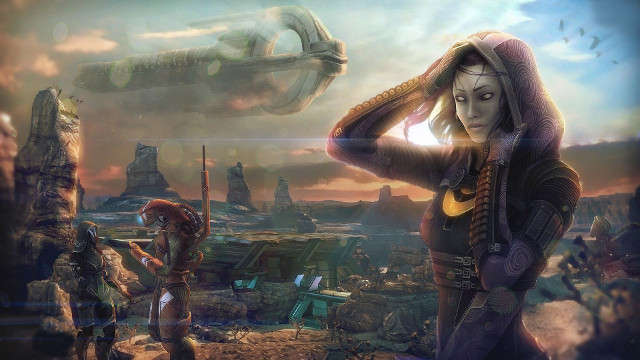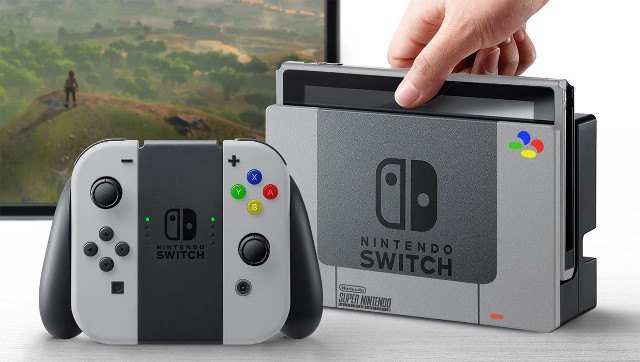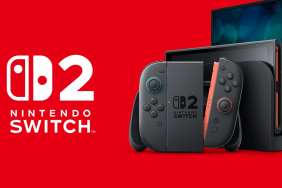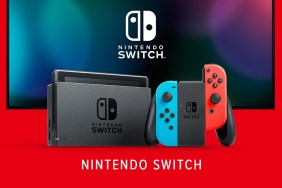While the world patiently waits for the release of the Nintendo Switch, the climate is ripe for hopes and dreams. Among those dreams is the desire for Nintendo to deliver a console with any semblance of third-party support, allowing its ecosystem to be self-sufficient unlike the Wii and Wii U.
A collage of company logos was shown during the Nintendo Switch's debut, sharing partnerships with virtually every major game publisher, from Square Enix to Activision. Those who remember the Wii U's announcement don't have their hopes up, as a similar image was shown by Nintendo prior to its release.
The Switch's confirmed game list currently is composed of just north of 20 titles, nearly all of which are published by Nintendo. This begs the question: will the Switch have third-party support? Although the answer to this question is unclear at the moment, we do know that one of 2017's biggest releases isn't coming to the platform.

Speaking to Stevivor, Mass Effect Andromeda producer Michael Gamble was asked if BioWare's upcoming RPG would grace the Switch. He replied saying, "We're not planning on it", adding, "If the Switch launches and everyone’s just yammering for Mass Effect, who knows. [sic] We never want to close doors like that."
EA didn't experience much success with the Wii U where it released Need for Speed: Most Wanted U, Mass Effect 3: Special Edition, and FIFA 13. All three games performed below projection, causing an abrupt end to its support for Nintendo's platform; a significant loss which was soon felt by Wii U owners.
Just as indicated by Gamble, the future of the Switch's third-party support lies solely on performance. If the console sells well, and has an install base that demonstrates demand for titles outside of Nintendo's first-party offerings, then the support will follow. For now, the year's biggest multiplatform games, from Resident Evil 7 to Shenmue 3 and Ghost Recon Wildlands are skipping out on the opportunity.
However, it has been well-established that Sony and Microsoft are the primary facilitators of third-party games. It has become routine for many consumers to purchase Call of Duty, Final Fantasy, Grand Theft Auto, and other major franchises on PlayStation or Xbox. Nintendo releases like Need for Speed: Most Wanted U have fought for scraps, making them largely an unattractive business venture for publishers.
But there is the possibility that Switch will alter trends. Although it's rumored to have less horsepower than its now more than three year old competition, it has the unique benefit of being able to play games in a home environment or on the go. Having access to new AAA budget titles like The Legend of Zelda: Breath of the Wild and Yooka-Laylee outside of the living room is a huge selling point that Sony and Microsoft can't currently compete with.
At this point, investment in third-party support is a risky affair for any publisher. Those getting in early hope to be first on the scene to take advantage of launch demand, with the hopes that consumers break out of their tunneled demand for Nintendo first-party titles. At this point it's a difficult forecast to make, but if Nintendo's history is any indication, third-party will have a tough time on the new platform.











